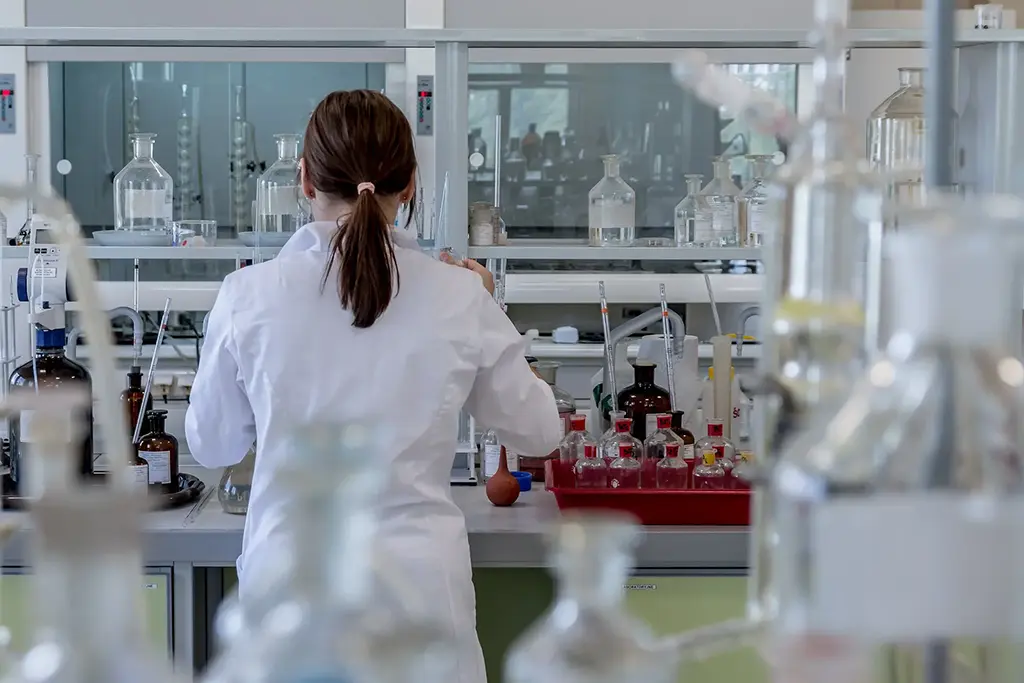DNA storage involves developing artificial molecules. And the most important thing is that we can store them for thousands of years and pack petabytes of data into one gram of substance. Of course, this sounds strange. However, it is possible.
This is an innovative method of storing digital data using synthetic DNA molecules. Although DNA encodes genetic information in living organisms, it can store vast amounts of data in a compact and durable form. Researchers have been exploring DNA as a potential storage medium due to its incredible information density and long-term stability.
How does DNA storage work?
The technology works as follows. There are several important aspects of this technology. They are summarized below.

My solutions on MQL5 Market: Vladimir Toropov’s products for traders
1. Encoding data
It is known that digital data can be represented as text, images, or documents. So, scientists convert them into a sequence of DNA bases (adenine, cytosine, guanine, and thymine). Thus, that a specific combination of DNA bases represents each binary data digit (bit). For example, ’00’ might be represented by adenine (A) and cytosine (C), while ’11’ might be represented by guanine (G) and thymine (T).
2. Synthesizing DNA
Once the data is encoded into DNA sequences, synthetic biology techniques are used to physically synthesize DNA molecules with the specified sequences in the laboratory. These synthesized DNA strands represent the digital data. So, we can store and manipulate them in this form.
3. Storing DNA
After that, researchers store the synthesized DNA molecules in a suitable medium. For example, it can be a test tube or microchip. The thing is that DNA is inherently stable. Therefore, it can last thousands of years under the right conditions, making it an ideal candidate for long-term data storage.
4. Retrieving, sequencing and decoding data
When researchers need to access the stored data, they extract the DNA molecules from the storage medium. Next, scientists decode the DNA sequences back into digital data using algorithms and software, allowing the original information to be retrieved.
DNA storage advantages
The technology offers several advantages over traditional storage methods:
High Information Density
The matter is that DNA molecules can store massive amounts of data in a tiny volume. Imagine, a single gram of DNA is theoretically capable of storing terabytes to petabytes of data, far surpassing the capacity of current storage technologies.
Long-Term Stability of DNA storage
DNA is inherently stable and can survive thousands of years without degradation when stored in appropriate conditions, making it well-suited for archival storage applications.
Low Energy Consumption
Unlike electronic storage devices, Deoxyribonucleic acid storage does not require constant power to maintain data integrity, resulting in lower energy consumption and environmental impact.

My solutions on MQL5 Market: Vladimir Toropov’s products for traders
While Deoxyribonucleic acid storage holds great promise, it is still in the early stages of development. To be honest, we need to solve several technical and practical issues before it becomes commercially viable. First, these issues include the high cost of DNA synthesis and sequencing. Second, the speed of DNA sequencing is slow comparing to electronic data retrieval. Finally, we need to develop standardized protocols and infrastructure for Deoxyribonucleic acid storage and retrieval.
Nonetheless, ongoing research and advancements in synthetic biology and DNA sequencing technology continue to push the boundaries of what is possible with Deoxyribonucleic acid-based storage. Thus, it offers exciting prospects for the future of data storage.
Companies developing DNA storage technology
For now, several companies and research institutions actively develop Deoxyribonucleic acid storage technology. Fore example, some notable players in this field include:
Twist Bioscience
Twist Bioscience is a leading synthetic biology company specializes in DNA synthesis and manufacturing. They offer DNA synthesis services and custom DNA products for various applications, including Deoxyribonucleic acid-based storage.
Catalog Technologies
Catalog Technologies is a startup focused on commercializing the technology. They are developing proprietary methods for encoding, storing, and retrieving digital data using synthetic DNA molecules.

DNA storage from Microsoft
Microsoft Research has been actively researching this technology as part of its efforts to explore new storage technologies for the digital age. They also have collaborated with academic institutions and other companies to advance the field of DNA storage.
DNA Script
DNA Script is a biotechnology company that develops enzymatic DNA synthesis technology. While they primarily focus on applications in biotechnology and therapeutics, their technology could also have implications for DNA data storage.
ETH Zurich
Academic institutions like ETH Zurich also research Deoxyribonucleic acid storage technology. Researchers at ETH Zurich and other universities are working on developing new methods for encoding, synthesizing, and reading DNA data to advance the field of Deoxyribonucleic acid storage.
Conclusion
These are just a few examples of companies and organizations which develop Deoxyribonucleic acid Storage Technology. The field is rapidly evolving, with ongoing research efforts to address technical challenges and realize DNA’s full potential as a digital data storage medium.
